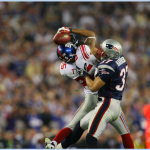Stock car racing has a rich history in American sports and culture dating back over seven decades. As avid followers of the sport, we wanted to revisit some of the key moments, figures, records, and trends that have shaped NASCAR into the beloved pastime it is today.
In compiling the 25 need-to-know facts below, our goal is to provide fans both new and old with a broader appreciation for the origins, evolution, and legacy of NASCAR racing.
The Genesis of Stock Car Racing (1940s-1950s)
The foundations of NASCAR took root in the late 1940s, marking the transition of stock car racing from regional hobby to national phenomenon.
1. NASCAR was founded in 1947: The organization traces its origins to a meeting called by mechanic William H.G. "Bill" France Sr. on December 14, 1947. France Sr. spearheaded NASCAR’s launch the following year and served as its first president.
2. First "Strictly Stock" race held in 1949: While earlier NASCAR races featured modified vehicles, the first event with showroom model cars took place on June 19, 1949 at the Charlotte Speedway. An audience of 13,000 watched driver Jim Roper claim the $2,000 winner’s purse.
3. Opening of the first superspeedway in 1950: The Darlington Raceway opened in Darlington, South Carolina in September 1950. This 1.366-mile track was the first paved superspeedway built specifically for NASCAR racing.
4. Inaugural Daytona 500 in 1959: The first Daytona 500 race ran on February 22, 1959 at Daytona International Speedway. Driver Lee Petty captured the checkered flag after more than 60 hours of deliberation over a controversial photo finish.
5. Live flag-to-flag broadcast of 1979 Daytona 500: On February 18, 1979, CBS aired complete live coverage of the Daytona 500 for the first time in NASCAR history, drawing in 15 million viewers.
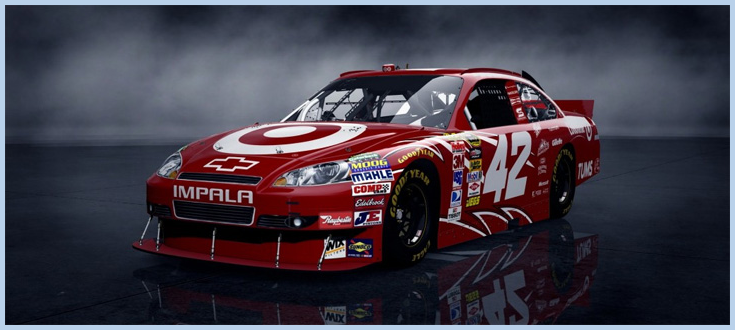
Dominant Drivers Through the Decades
A handful of skilled drivers have captivated fans and dominated NASCAR’s record books thanks to their prowess behind the wheel.
1. Richard Petty’s 200 career wins: Arguably NASCAR’s greatest driver, "The King" Richard Petty amassed a record 200 race wins during his 35-year career. He’s the only driver to surpass 100 victories.
2. Three 7-time champions: Petty, Dale Earnhardt Sr., and Jimmie Johnson share the distinction of having won the most NASCAR Cup Series season championships with seven apiece.
3. First African American winner in 1963: By winning a Grand National race in Jacksonville on December 1, 1963, Wendell Scott broke barriers to become the first African American NASCAR winner.
4. Danica Patrick’s accomplishments: While Danica Patrick never won a Cup points race, she earned acclaim for women in NASCAR. Her highlights include becoming the first female pole-sitter at the Daytona 500 and notching the most top 10s among women.
5. Safety improvements after Earnhardt’s death: The devastating last-lap crash that killed legend Dale Earnhardt Sr. at the 2001 Daytona 500 sparked major safety reforms in NASCAR, like the head and neck restraint (HANS) device now universally used by drivers.
Variety Across NASCAR Tracks and Events
The dozens of speedways that host NASCAR races each year range from half-mile short tracks to 2.5+ mile superspeedway ovals.
1. Narrowest track: Martinsville Speedway: At just 0.526 miles around, the paperclip-shaped short track at Martinsville, Virginia is the shortest and oldest track on the current NASCAR circuit.
2. Total tracks used: 30: The top-level NASCAR Cup Series contests races at 24 different tracks. When you factor in the secondary Xfinity and Truck series, Cup competitors race on a total of 30 distinct tracks.
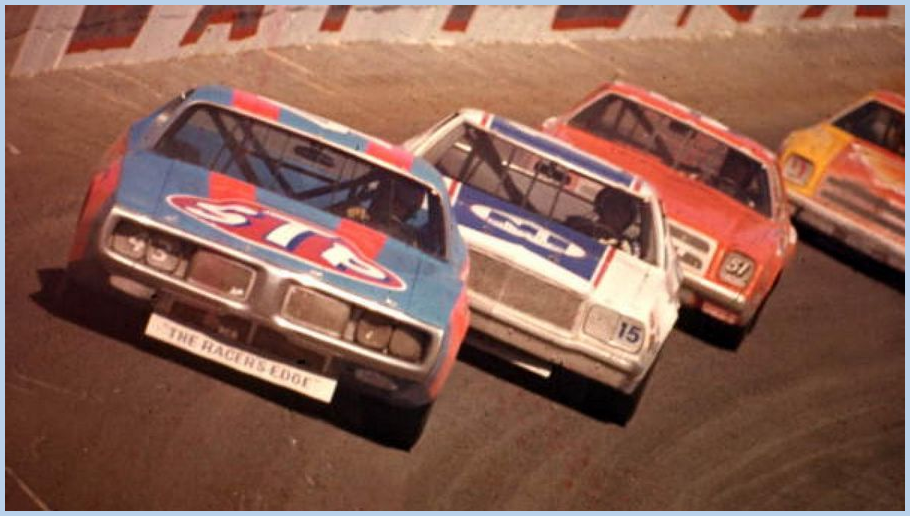
3. Longest track: Road America course: Spanning 4.048 miles, the road course at Road America in Elkhart Lake, Wisconsin is the longest track hosting NASCAR’s top series today.
4. Most wins at multiple tracks: Petty’s dominance: Richard Petty holds the records for most all-time wins at various active tracks, including Martinsville (15), the Daytona 500 (10), Richmond (13), Darlington (10), and Rockingham (11).
5. Bill Elliott’s 212.809 mph qualifying record: The fastest single lap qualifying speed attained in NASCAR came during Bill Elliott’s 1987 run at Talladega Superspeedway, hitting 212.809 mph. Restrictor plates have since capped speeds.
Shifting Attendance and Fan Demographics
NASCAR’s popularity has fluctuated over recent decades in terms of live event attendance and television ratings. The makeup of the average fan base has also evolved.
1. 41,000 attend first Daytona 500: The inaugural Daytona 500 race saw 41,000 eager spectators cram into the Daytona stands in 1959.
2. Hispanic/African American engagement: Approximately 6% of Hispanic and African American adults classify themselves as avid NASCAR fans, with 26-29% calling themselves casual fans, suggesting steady niche interest.
3. Falling attendance and viewership: After peaking around 2005, NASCAR has battled declining live event attendance and TV viewership over the past 15+ years. Multiple factors likely contribute, including changes to competitions format, reliance on past star drivers retiring.
4. 38% of fans are women: Female interest in NASCAR is strong and growing, with women making up over 38% of the estimated 65 million NASCAR fans in America.
Epic Feats and Lasting Records
Numerous incredible on-track accomplishments have gone down in the NASCAR history books, some of which may never be matched again.
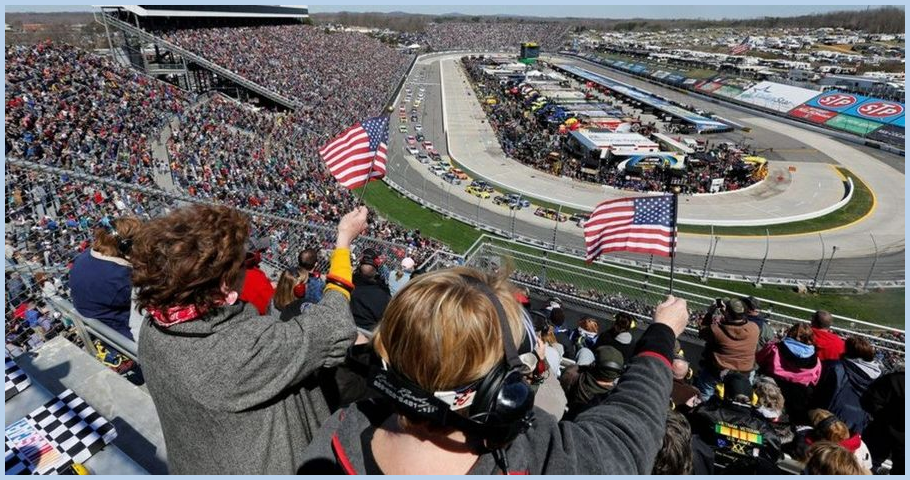
1. Richard Petty’s statistically untouchable numbers: We highlighted Petty’s 200 wins earlier, but his records also include 123 poles, 513 top-5 finishes, 712 top-10s, and over 50,000 laps led.
2. 653 races without a win (McDuffie): Journeyman driver J.D. McDuffie holds the unfortunate record for most Cup series starts (653) without visiting victory lane once, despite racing from 1963 to 1991.
3. Elliott’s record Talladega qualifying speed: As mentioned before, Bill Elliott set the all-time NASCAR qualifying record by hitting 212.809 mph at Talladega Superspeedway back in 1987—a speed unapproachable today.
4. Gordon’s ironman record of 797 straight starts: Jeff Gordon’s mark of 797 consecutive Cup series starts spanning 23 seasons will likely never be challenged. Gordon’s streak stretched from the 1992 season finale through the 2015 penultimate race.
5. Largest margin of victory: 14 laps: Ned Jarrett completely dominated the 1965 Southern 500 at Darlington Raceway, crossing the finish line a whopping 14 laps ahead of second place for one of racing’s most astonishing routs.
6. Most cars starting a race: 82 The 1956 Southern 500 at Darlington featured a staggering starting field of 82 cars. Frank Mundy started on pole position but finished last in 82nd, losing 81 spots.
Preserving a Cherished American Motorsport
For over 70 years, NASCAR racing has enthralled multiple generations of devoted fans while ingraining itself as an iconic slice of Americana. The groundbreaking drivers, cars, tracks, races, and records detailed above comprise just a fraction of the rich lore behind this beloved sport.
By revisiting moments and milestones from NASCAR’s past, we gain inspiration to carry this treasured tradition forward for years to come. From 1972 onwards, leadership of the sanctioning body passed from Bill France Sr. to Bill France Jr., marking a new chapter. While the faces and technology evolves, the spirit of side-by-side, fender-banging stock car competition lives on.
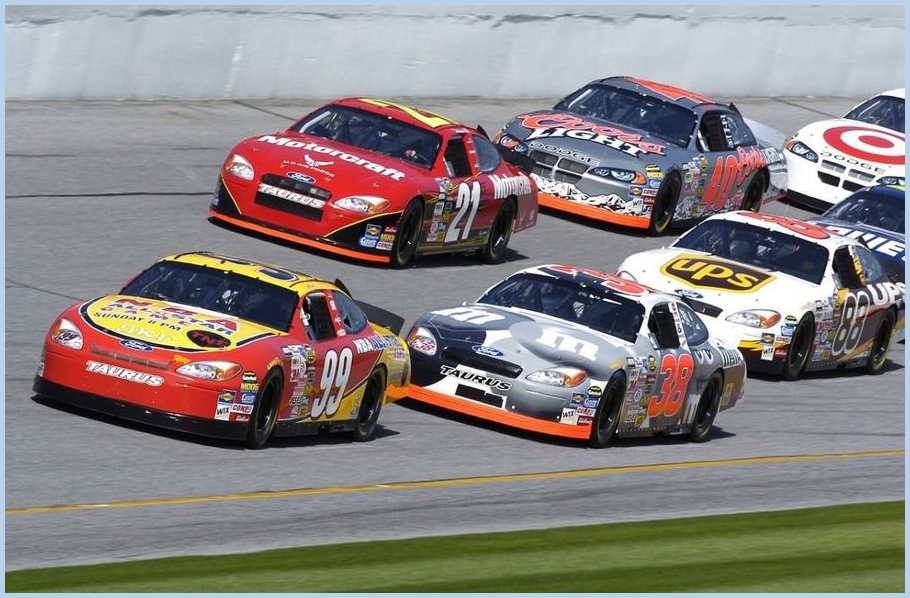
So whether you’ve followed NASCAR your whole life or just discovered it, we hope these essential history highlights have fueled your passion as a fan! Let us know which eras, memories, or facts resonated with you the most. And tell us which today’s emerging superstars like Kyle Larson and Chase Elliott have the potential to make history themselves!

